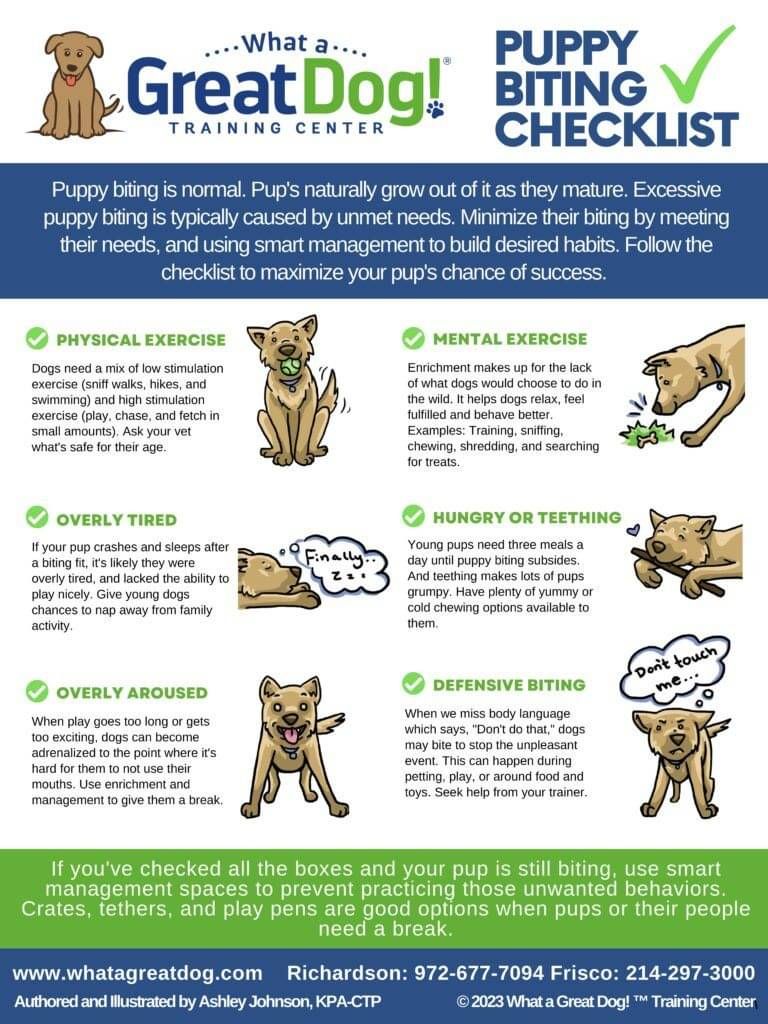Raising a Puppy
The 3 most important things you can do during the early stages of the puppy rearing process are to
provide your puppy with a sense of safety;
build trust and connection;
use management to set them up for success.
Supporting a Sense Safety
Your puppy isn't equipped to navigate the world on their own. They require support and reassurance from caregivers - which, after coming into our homes, are us!
Supporting your puppies sense of safety can help in preventing the development of emotional and behavioural challenges later in life.
How can we do this?
Respond empathetically if your puppy is distressed. We want to teach them that they can rely on us, supporting healthy attachment and confidence building, as well as future independence. New puppies are going through a lot, transitioning from being with their parent/s and litter mates for the duration of their lives to being somewhere unfamiliar with unfamiliar people.
Be their advocate and protector. This means being their voice and enforcing their boundaries when others, whether human or dog, are acting inappropriately towards them. Rather than thinking they always need to protect themselves, we want to teach them that we are a base a safety that can navigate scary situations for them when they're overwhelmed.
Building Trust & Connection
The most important thing for your puppy to learn is that they can trust you. What does that mean?
You are predictable - what you do 'makes sense'. Oftentimes, we can break trust with our dogs if we're unable to regulate our own emotions and behaviour. Puppy raising is a challenging time, and taking yourself for a break if you're having a hard time and feel you might respond to your puppy in unhelpful ways is a good idea.
Be consistent with your behaviour and towards them, and your communication.
Be understanding and responsive to their communication signals - they're relying on you to teach them about how to navigate the world safely.
Using Management
We wouldn't leave a tray of cupcakes on a low coffee table and expect a toddler to leave them alone - that would be silly, right?!
The same goes for puppies. While they are still learning how to navigate the world, we don't want to tempt them into 'naughty' behaviour by giving them access to things they aren't allowed to engage with. This won't be perfect - life happens! However, it is up to us as the adults to take accountability for mishaps, and adjust our management and/or training accordingly.
What are some common management tools?
Baby gates to create gated doorways to prevent jumping or access to challenging areas;
puppy pens for safe confinement & prevent destruction around the home;
long leads to facilitate exploration while preventing puppies running off on us!
Puppy Biting Checklist
One of the most challenging things you will be managing during your puppy's development is 'puppy biting'.
We must understand that puppies explore the world with their mouths - rather than grabby toddler hands, we have little jaws with razor teeth!
Puppies also experience significant discomfort while teething, reduced impulse control when tired or overwhelmed, and often don't know how to entertain themselves at such a young age.
Here is a wonderful infographic from Ashley Johnson for you to consider when dealing with puppy biting.

Using Enrichment to Promote Good Behaviour & Wellbeing
Enrichment will be key for you to live a harmonious life with your dog. While we go about our days, our dogs are limited in what they can do due to the amount of management required in society to keep dogs and humans safe.
Further below, there is an optional webinar on improving behaviour outcomes for pet and shelter dogs using enrichment through the lens of animal emotions and bonding. Additionally, we have the wonderful resource by Chirag Patel for all dog families to learn about how their dog sees and experiences the world from puppyhood and beyond!
Check out the following links for:
The Hype on Enrichment
DIY Enrichment Examples
Recommended Enrichment Toys
Understanding Canine Instincts and Utilising Enrichment
with Adele Curran & Lisa Sturm
10 Things Your Dog Wishes You Knew: How Your Dog Sees the World
with Chirag Patel